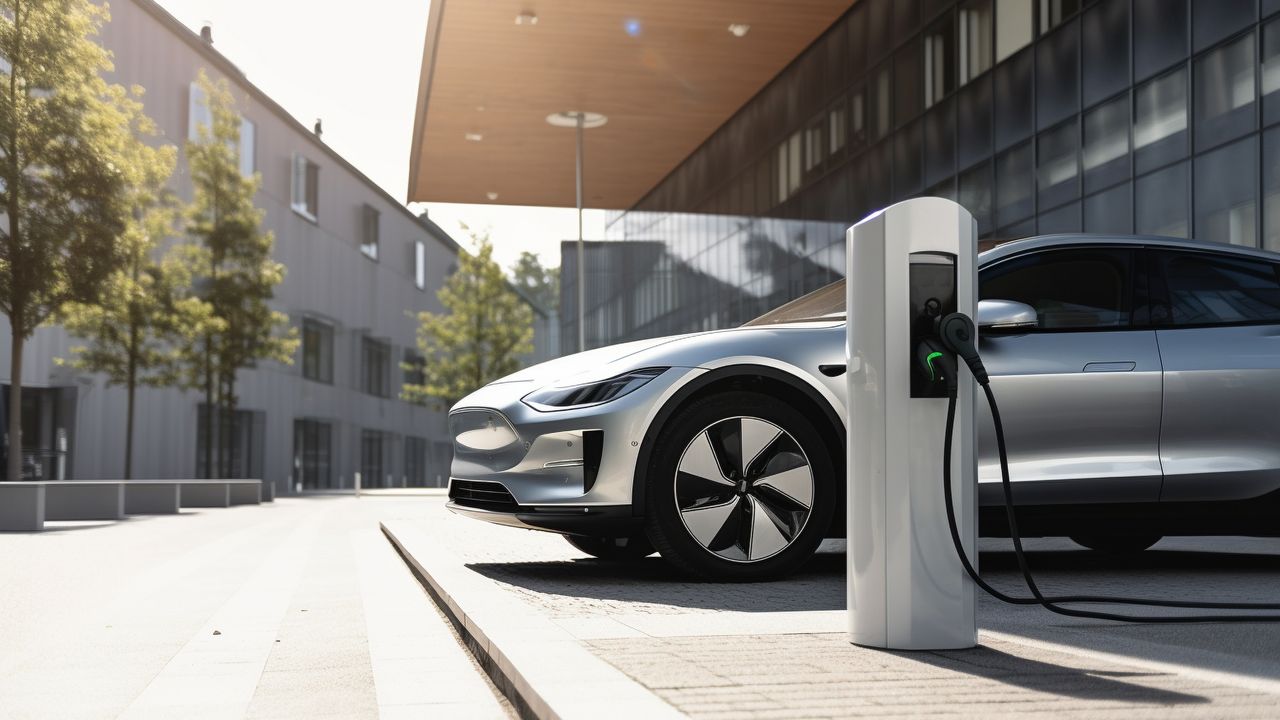EV Charging Station Billing and Payments: Understanding Pricing Models, Invoicing, and Disputes
As the popularity of electric vehicles (EVs) continues to rise, the demand for EV charging stations has also increased. With the growing number of charging stations, it is essential to have a clear understanding of how the billing and payment process works. In this article, we will explore different charging station pricing models, invoicing procedures, and how to handle billing disputes.
Charging Station Pricing Models
EV charging station pricing models can vary depending on the location, service provider, and the type of charging station. Here are some common pricing models:
- Flat Rate: Some charging stations charge a fixed fee for a specific duration of charging time. For example, you may pay a flat rate of $5 for one hour of charging.
- Time of Use: Time of use pricing models vary the charging rates based on the time of day. Charging during peak hours may be more expensive than charging during off-peak hours.
- Per Kilowatt-Hour (kWh): This pricing model charges based on the amount of electricity consumed. The rate is usually displayed as a cost per kilowatt-hour, similar to how you are billed for your home electricity usage.
- Membership/Subscription: Some charging networks offer membership or subscription-based pricing. Users pay a monthly or annual fee to access the charging stations at a discounted rate or even for free.
Charging Station Invoicing
Once you have used an EV charging station, you may receive an invoice for the charging session. Invoicing procedures can vary depending on the charging station provider. Here are the common steps involved:
- Session Summary: The invoice typically includes a summary of the charging session, including the start and end time, energy consumed, and the total cost.
- Payment Method: The invoice will provide details on the accepted payment methods, such as credit card, mobile payment apps, or specific charging network accounts.
- Itemized Charges: If there are any additional fees or taxes, the invoice should provide a breakdown of the charges for transparency.
- Receipt: Once the payment is processed, you will receive a receipt confirming the transaction.
Charging Station Billing Disputes
In some cases, you may encounter billing disputes with EV charging station providers. Here are some steps to resolve such disputes:
- Contact the Charging Station Provider: Start by reaching out to the charging station provider’s customer support. Explain the issue and provide any necessary evidence, such as the charging session details or payment receipts.
- Document the Dispute: Keep a record of all communication with the charging station provider, including dates, times, and the names of the customer support representatives you spoke to. This documentation will be useful if you need to escalate the dispute.
- Escalate the Dispute: If the initial contact with customer support does not resolve the issue, escalate the dispute to a higher level within the charging station provider’s organization. This may involve contacting a supervisor or submitting a formal complaint.
- Seek External Assistance: If the dispute remains unresolved, you can seek assistance from relevant regulatory bodies or consumer protection agencies. They can provide guidance on further steps to take to resolve the issue.
Conclusion
Understanding the various pricing models, invoicing procedures, and how to handle billing disputes is crucial when using EV charging stations. Familiarize yourself with the specific pricing model of the charging station you are using, keep track of your charging sessions, and promptly address any billing issues that may arise. By staying informed and proactive, you can ensure a smooth and hassle-free experience with EV charging station billing and payments.
